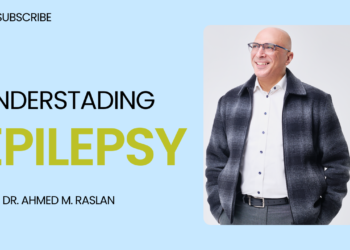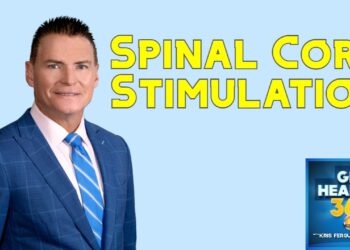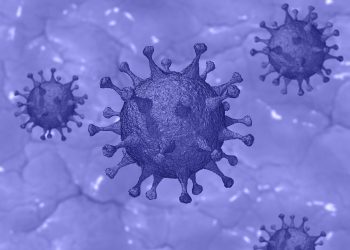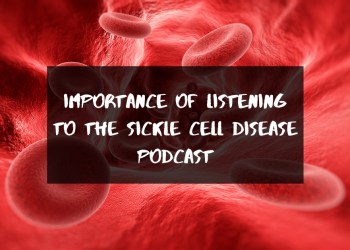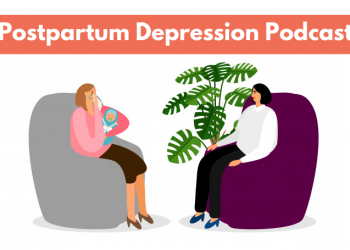Does drinking coffee extend your life?
 There are several large studies showing coffee has been associated with an all cause decrease in mortality. Coffee drinkers are less likely to get heart disease or have strokes, less likely to get Alzheimer’s or Parkinson’s and less likely to get kidney disease or depression. The question stands, which is the best coffee to drink? According to this recent article, the lighter the roast, the shorter the roasting time, and the less exposure to air the better. This is because the phytochemicals in coffee that are protective undergo less damage. So, light roast, grind your own coffee and drink the coffee fresh.
There are several large studies showing coffee has been associated with an all cause decrease in mortality. Coffee drinkers are less likely to get heart disease or have strokes, less likely to get Alzheimer’s or Parkinson’s and less likely to get kidney disease or depression. The question stands, which is the best coffee to drink? According to this recent article, the lighter the roast, the shorter the roasting time, and the less exposure to air the better. This is because the phytochemicals in coffee that are protective undergo less damage. So, light roast, grind your own coffee and drink the coffee fresh.
The Research
See comment in PubMed Commons below
J Med Food. 2017 Jun;20(6):626-635. doi: 10.1089/jmf.2017.3935. Epub 2017 Jun 5.
Cellular Antioxidant and Anti-Inflammatory Effects of Coffee Extracts with Different Roasting Levels.
Jung S1, Kim MH2, Park JH2, Jeong Y3,4, Ko KS2.
Abstract
During roasting, major changes occur in the composition and physiological effects of coffee beans. In this study, in vitro antioxidant effects and anti-inflammatory effects of Coffea arabica green coffee extracts were investigated at different roasting levels corresponding to Light, Medium, City, and French roast. Total caffeine did not show huge difference according to roasting level, but total chlorogenic acid contents were higher in light roasted coffee extract than other roasted groups. In addition, light roasted coffee extract had the highest antioxidant activity in the 2,2-diphenyl-1-picrylhydrazyl (DPPH) assay. To determine the in vitro antioxidant property, coffee extracts were used to treat AML-12 cells. Intracellular glutathione (GSH) concentration and mRNA expression levels of genes related to GSH synthesis were negatively related to roasting levels. The anti-inflammatory effects of coffee extracts were investigated in lipopolysaccharide-treated RAW 264.7 macrophage cells. The cellular antioxidant activity of coffee extracts exhibited similar patterns as the AML-12 cells. The expression of mRNA for tumor necrosis factor-alpha and interleukin-6 was decreased in cells treated with the coffee extracts and the expression decreased with increasing roasting levels. These data suggest that coffee has physiological antioxidant and anti-inflammatory activities and these effects are negatively correlated with roasting levels in the cell models.

